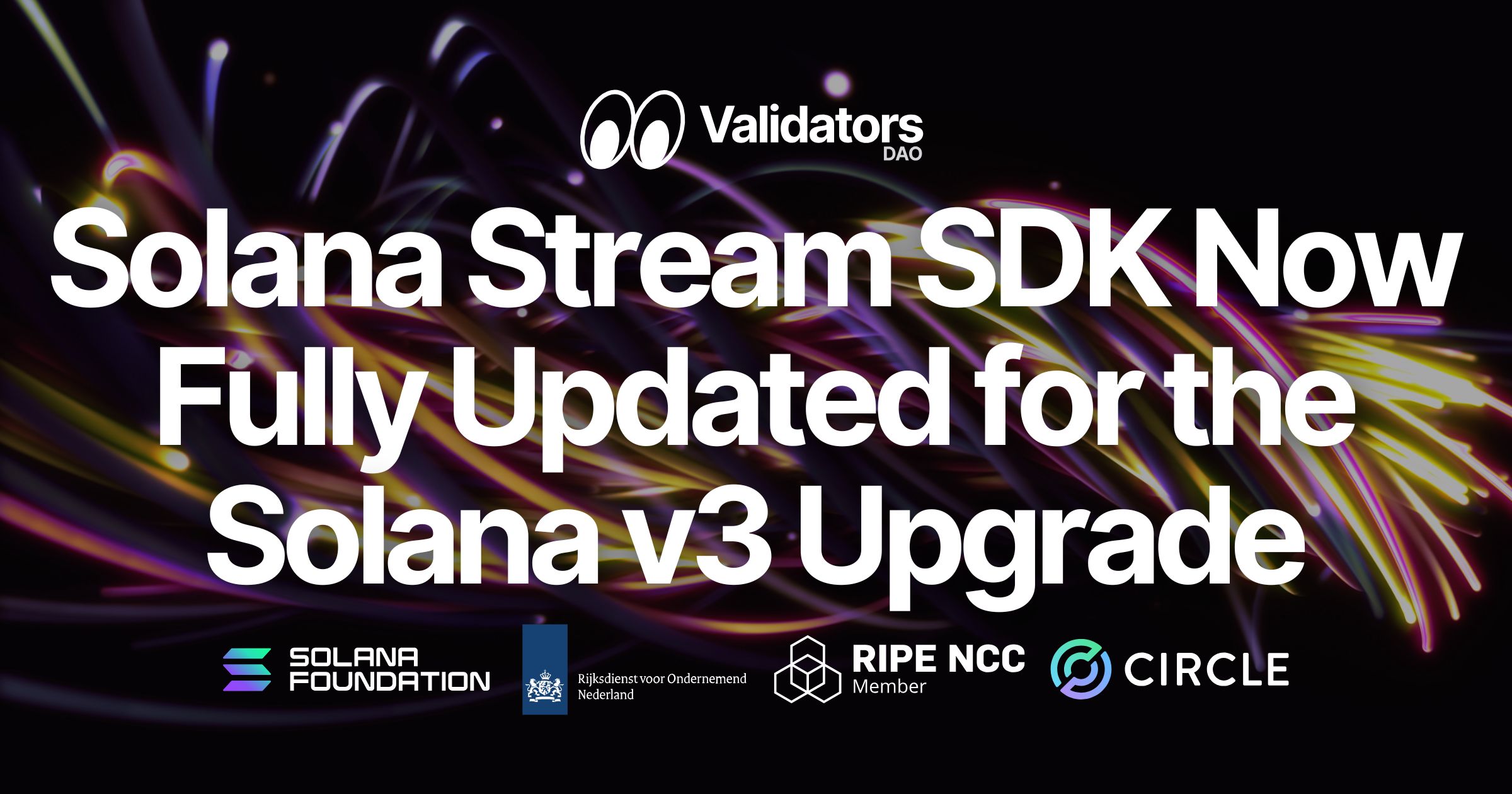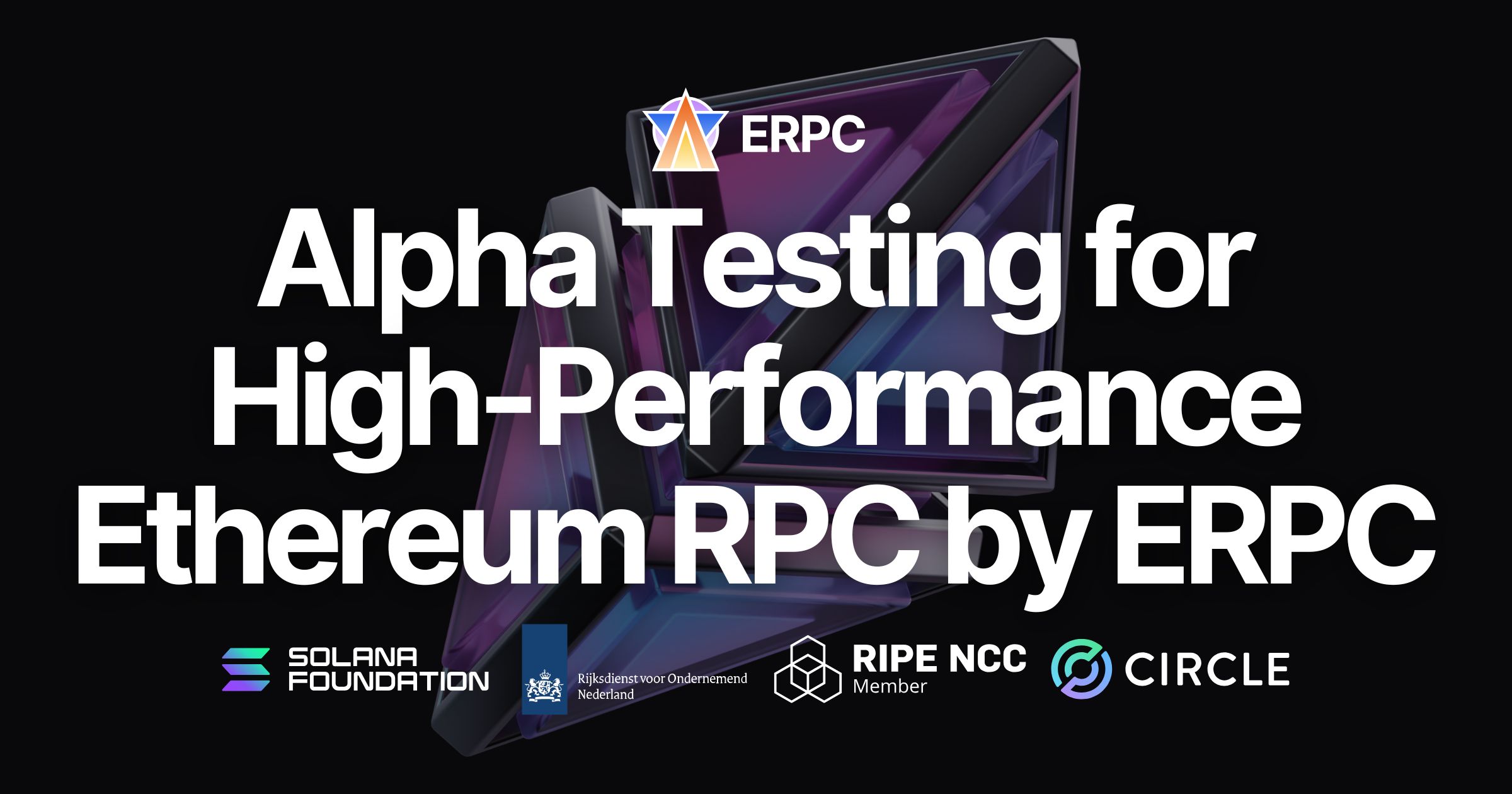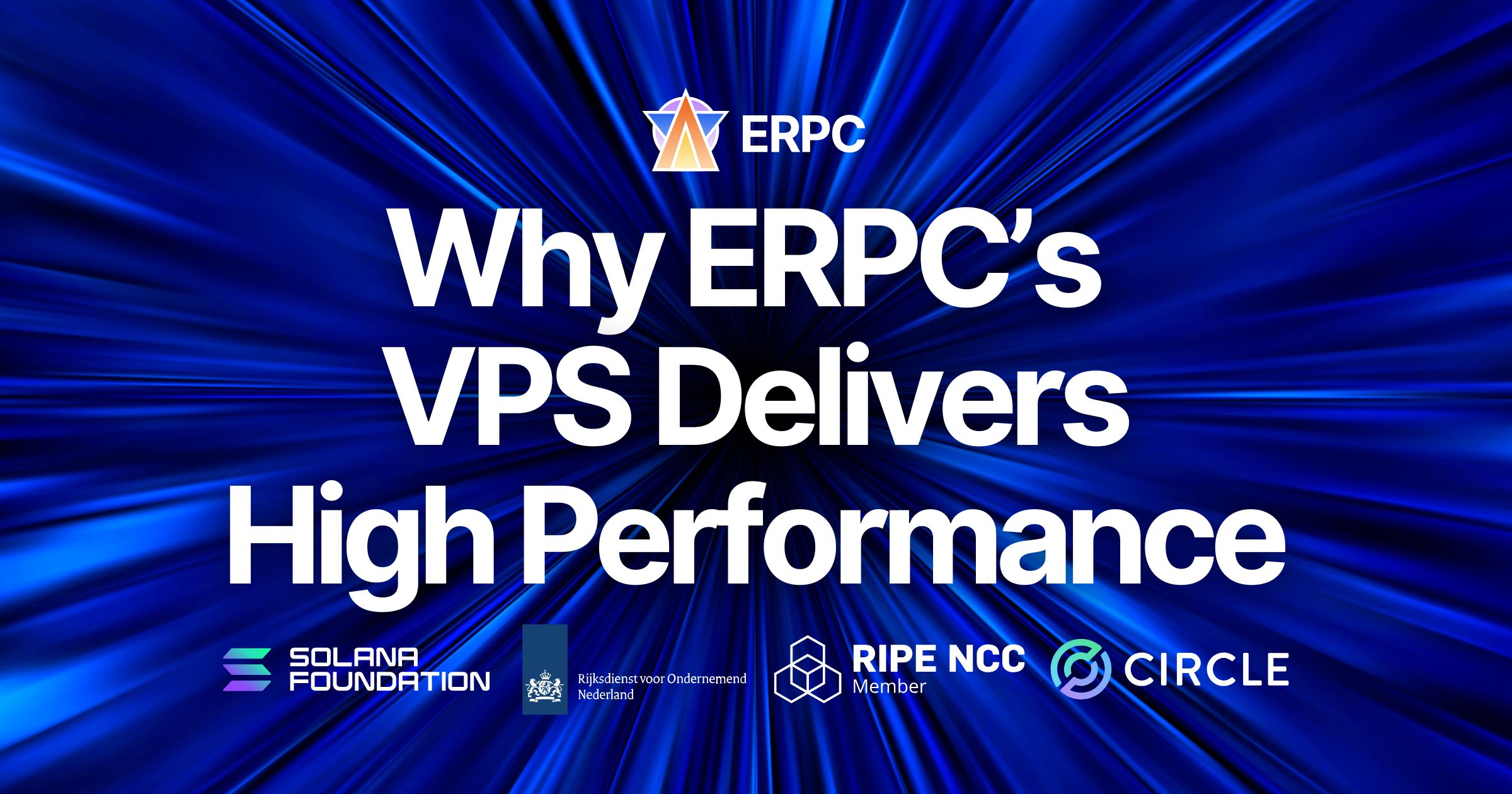ERPC increases RAM across all regions for EPYC VPS for Solana applications, further strengthening peak-time stability
ERPC increases RAM across all regions for EPYC VPS for Solana applications, further strengthening peak-time stability
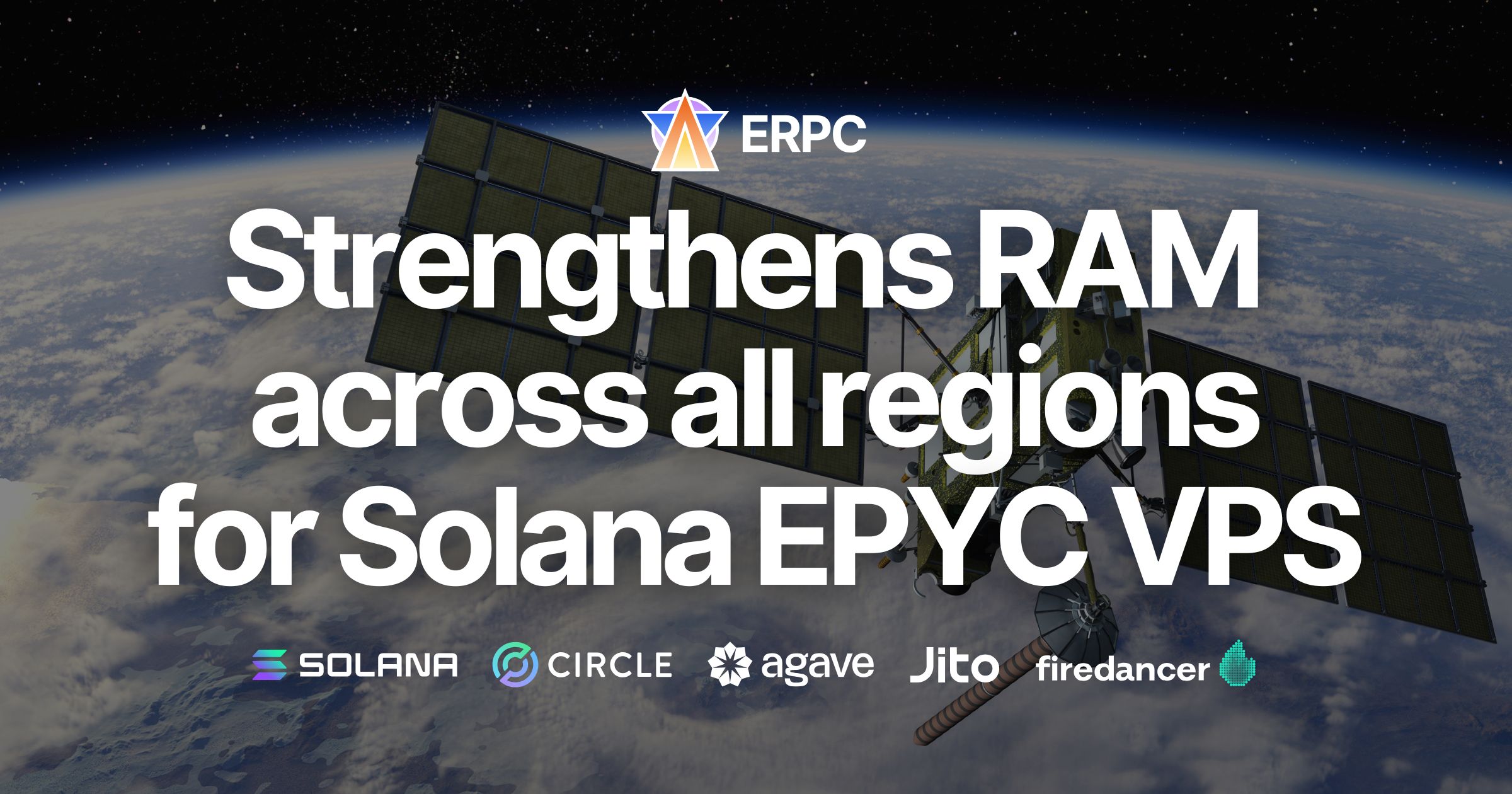
ELSOUL LABO B.V. (Head Office: Amsterdam, the Netherlands; CEO: Fumitake Kawasaki) and Validators DAO announce the completion of global maintenance for the EPYC VPS server product designed for Solana applications.
We have increased RAM across cluster nodes in all regions, further elevating the ability to maintain stability and speed during peak time.
We sincerely appreciate your continued support.
Upgrade objective and scope
Usage of EPYC VPS and Dedicated ShredStream continues to grow across regions.
In Solana, block-producing leaders rotate globally, making region-level proximity execution a key performance factor.
Our design places dedicated endpoints and high-clock environments on the same network and minimizes external internet paths, raising execution performance while keeping costs under control.
This RAM increase has already been applied to EPYC VPS cluster nodes in all regions.
The goal is to ease memory pressure, expand page cache and ring buffer headroom, and suppress queue stalls during spikes, helping avoid throughput ceilings during peak time and prevent slowdowns.
Multi-region operations and the advantage of proximity
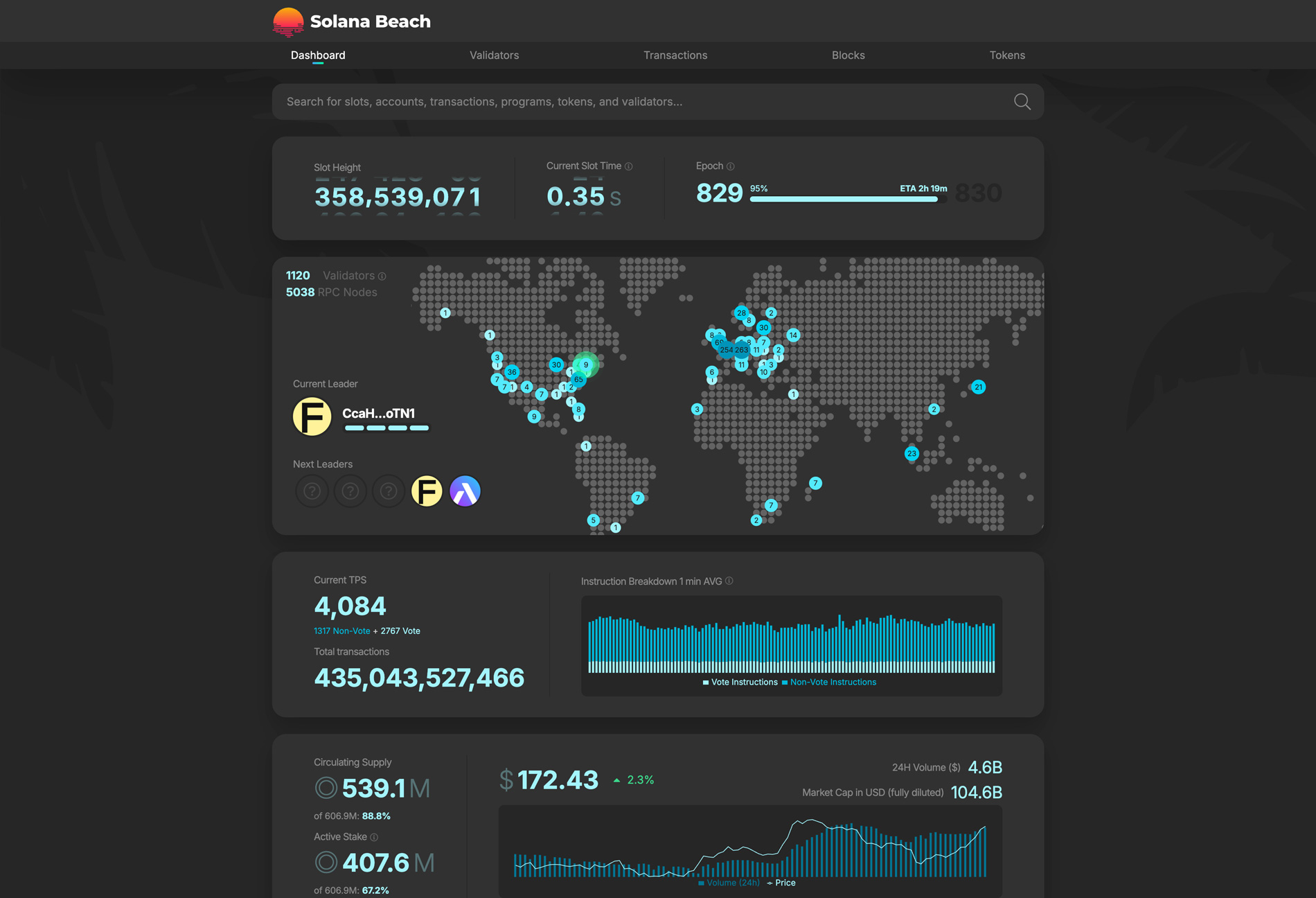
Solana rotates leader validators at short intervals on a schedule randomly determined based on stake and spanning regions worldwide.
Because the freshest order book updates and events first arrive from the region closest to the current leader, it is natural to want execution footholds in all regions. At the same time, real-world operations must rigorously consider cost performance.
While bare metal can always deliver top performance, provisioning bare metal across all regions from the outset is not realistic. In many cases, VPS becomes the optimal choice.
ERPC’s EPYC VPS is designed to run on the same network as Solana-dedicated endpoints. This minimizes external internet paths and allows small, fast regional deployments.
By distributing 1 to 2 core workers across hubs such as Amsterdam, Frankfurt, and New York, receiving streams locally and either completing processing locally or bypassing to the next local site, you can achieve both the shortest route and strong cost efficiency.
Combining a Dedicated ShredStream in the same region avoids the peak time latency increases typical of shared environments and stabilizes observation and processing through a path close to zero-distance communication.
This RAM increase expands cache and buffer headroom for distributed execution, strengthening the foundation to reduce drop-offs even under peak time spikes.
EPYC VPS design and the effect of the RAM increase
EPYC VPS uses the latest-generation AMD EPYC, DDR5 memory, and NVMe Gen4 SSDs, and operates on the same network as Solana-dedicated endpoints. It has delivered latency within a few milliseconds of bare metal while maintaining strong cost efficiency. With this RAM increase, from lightweight Node.js workloads to high-frequency Rust processing, headroom during peak time grows and resilience against real-time drop-offs improves.
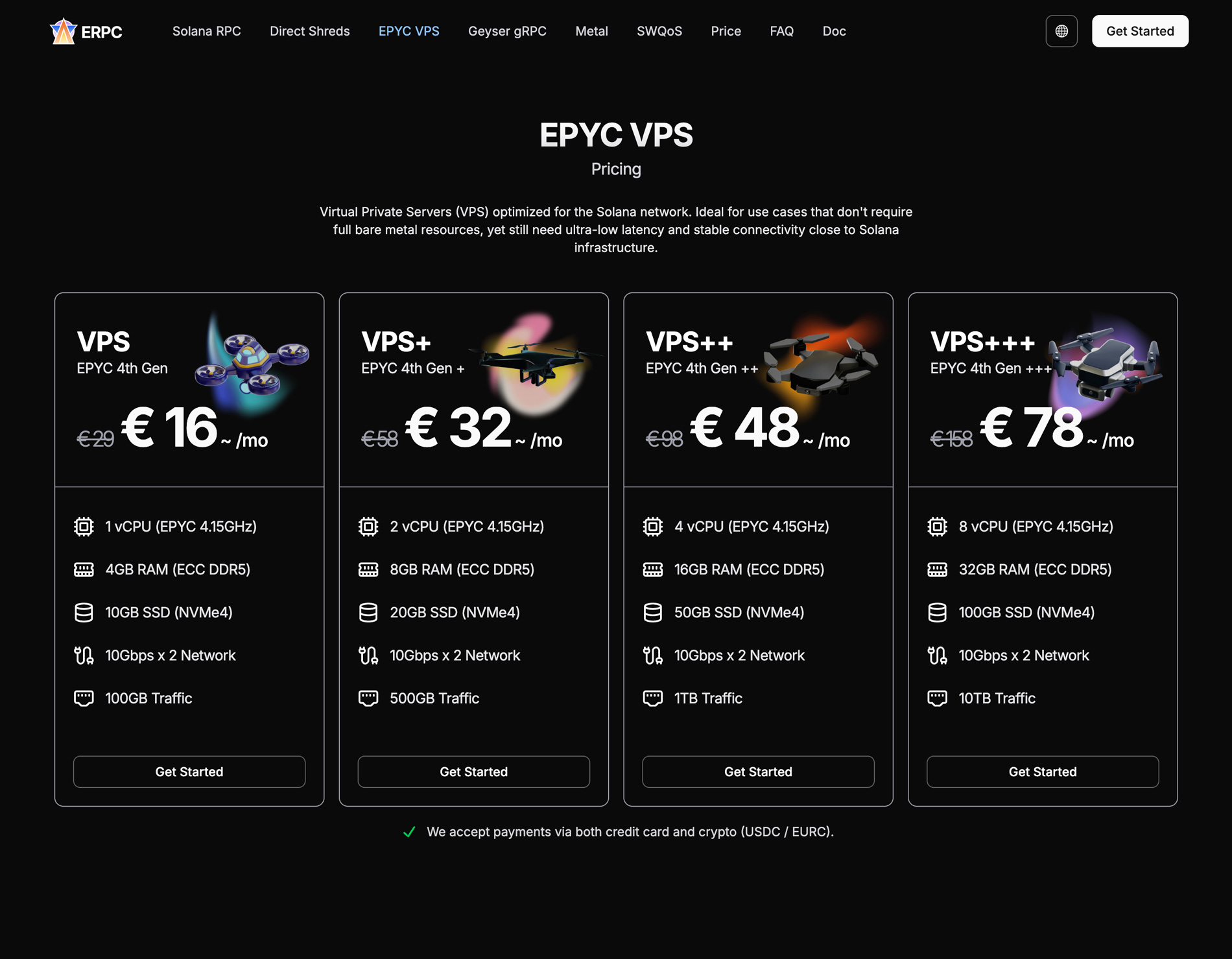
Affinity with Dedicated ShredStream
Dedicated ShredStream avoids the peak time latency increases common in shared environments and stabilizes order book updates and event detection. Deployed together with EPYC VPS on the same network, it forms a zero-distance configuration and, by shaving off the primary bottleneck of external internet transit, significantly compresses end-to-end latency. The new RAM capacity provides additional buffer headroom to absorb high-speed streams and retain margin against application-side load fluctuations.
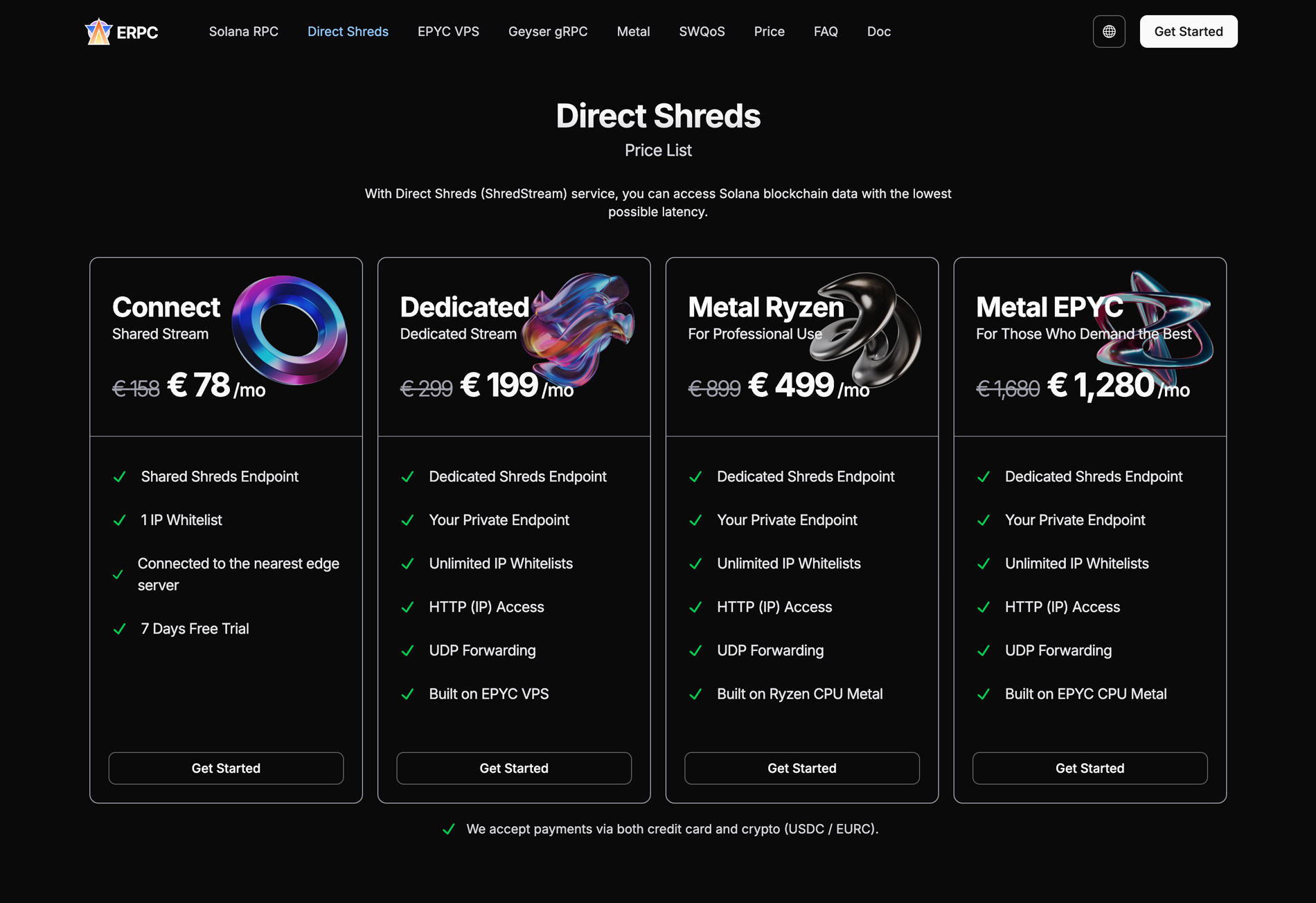
Problems we address
- Transaction failures and latency variability common in standard RPC environments
- Performance limits imposed by many infrastructure providers
- The large impact of network distance on communication quality
- The difficulty for small projects to access high-quality infrastructure
To solve these problems, we have built our own zero-distance communication network and a fleet of high-clock servers, and we continuously tune and expand capacity with speed. This RAM increase is part of that ongoing effort.
What’s next and how to get started
Following this EPYC VPS RAM increase, we plan additional performance updates for other services.
For product details, free trials, and onboarding, please visit Validators DAO’s official Discord for up-to-date guidance. For dedicated node offerings in particular, we recommend joining the waitlist.
- ERPC Official Website: https://erpc.global/en
- Validators DAO Official Discord: https://discord.gg/C7ZQSrCkYR
Thank you as always. We will not rest on our laurels and will continue to raise the bar every day.
We appreciate your continued support for ERPC and Validators DAO.


